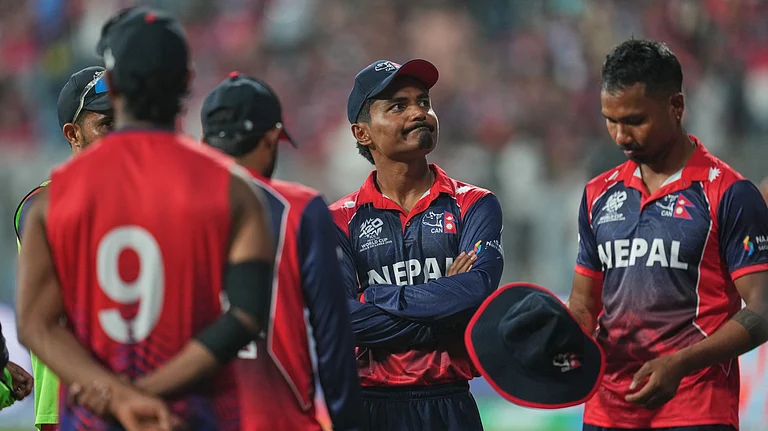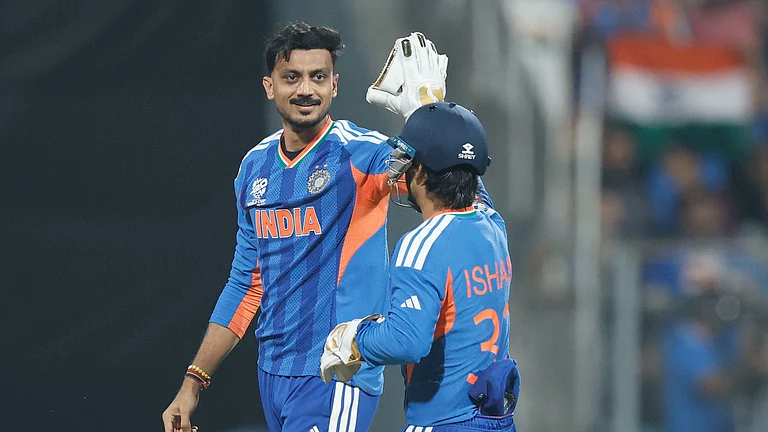The Supreme Court on Friday said it will hear the petitions challenging the release of convicts in the Bilkis Bano case after three weeks.
The 11 people convicted of the gang rape of Bano and the murder of her seven family members during the 2002 Gujarat Riots were released last month after their sentences were remitted by the Gujarat government. Multiple petitions have challenged it in the Supreme Court.
The apex court's bench of Justices Ajay Rastogi and B V Nagarathna asked the counsel for the Gujarat government to place before it the relevant records within two weeks.
On August 25, the SC had sought responses from the Centre and the Gujarat government to a petition challenging the remission filed by CPI(M) leader Subhashini Ali, journalist Revathy Laul and activist Roop Rekha Rani. It had asked the petitioners to implead the 11 convicted persons, who have been granted remission, as parties in the matter.
The Trinamool Congress MP Mahua Moitra has also filed a separate plea in Supreme Court challenging the grant of remission and her petition was also listed for hearing on Friday.
During the hearing, advocate Rishi Malhotra, appearing for one of the 11 convicts, said the petitioners have on Thursday filed an application to implead these persons as respondents.
"Notices have to go to the impleaded respondents," he said.
Senior advocate Kapil Sibal, appearing for the petitioners, said they have complied with the apex court's earlier direction.
"Why you have filed an application for adjournment?" the bench asked Malhotra, who said notices have to go to the impleaded respondents and they have to file their replies.
He said multiple petitions have been filed in the matter.
"I am against this impleadment business in criminal matter," he said, while objecting to the locus of the petitioners.
The bench told Malhotra that 11 persons have been impleaded as party respondents in the lead matter and he can accept notices on their behalf.
Malhotra said he has been appearing for only one of them and he would have to take instructions.
The bench said copy of the petitions be served to him as well as the counsel for the state.
Malhotra said issuance of notice would not be necessary in the other petitions as they are asking for the same thing.
The bench asked when the line and cause of action was the same, why multiple pleas have been filed.
One of the advocates, who was appearing for the petitioners in a separate plea filed in the matter, said the prayers in their petition are slightly different.
The bench asked the state's counsel to file the relevant records within two weeks and said rejoinder, if any, be submitted within one week thereafter.
Bano was 21 years old and five-month pregnant when she was gang-raped while fleeing the 2002 Gujarat Riots that broke out after the Godhra train burning incident. Her three-year-old daughter was among the seven family members killed.
The 11 men convicted in the case walked out free from the Godhra sub-jail on August 15 after the Gujarat government allowed their release under its remission policy. They had completed more than 15 years in jail.
While hearing the matter last month, the top court had observed that the question is whether there was application of mind while considering remission and whether it was within the parameters of law.
The plea referred to the sequence of events of the case recorded in judicial files and said, "It is submitted that on such facts, no right thinking authority applying any test under any extant policy would consider it fit to grant remission to persons who are found to have been involved in the commission of such gruesome acts."
"It is further submitted that it would appear that the constitution of members of the competent authority of the respondent No.1 (state of Gujarat) also bore allegiance to a political party, and also was sitting MLAs. As such, it would appear that the competent authority was not an authority that was entirely independent, and one that could independently apply its mind to the facts at hand," it said and quoted media reports to buttress its contention.
The accused in the Bano case were arrested in 2004 and the trial began in Ahmedabad in Gujarat. However, after Bano expressed apprehensions that witnesses could be harmed and the evidence collected by the Central Bureau of Investigation (CBI) tampered with, the apex court transferred the case to Mumbai in Maharashtra.
On January 21 2008, the Special CBI Court sentenced the 11 accused to life imprisonment on the charges of conspiring to rape a pregnant woman, murder and unlawful assembly under the Indian Penal Code (IPC).
(With PTI inputs)


























